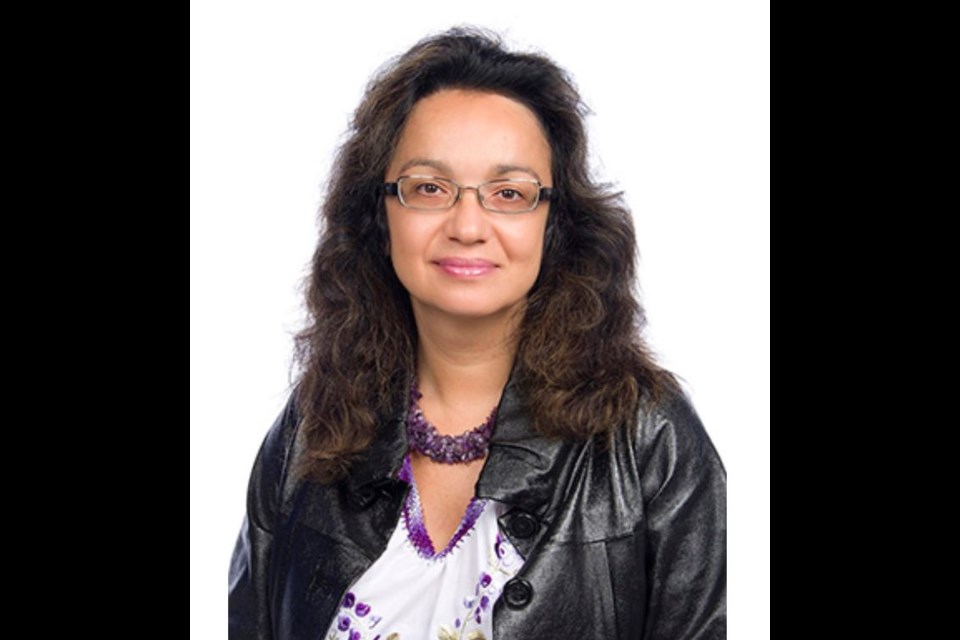THUNDER BAY — A successful clinical trial has helped clear the way for a Thunder Bay medical technology company to sell its pioneering positron emission tomography imaging device in the United States.
The Radialis PET imager focuses on tumours in specific organs for initial diagnosis and for followup treatment.
Radialis Inc., a joint venture of the Thunder Bay Regional Health Research Institute and Lakehead University, got the required approval for marketing the device from the U.S. Food and Drug Administration.
"We've received our clearance now. We've finished our clinical testing at Princess Margaret [Hospital in Toronto] and based on the data we got clearance to sell in the US. So now we are implementing our first American sites," said Michael Waterston, CEO for Radialis. "Our first site is at the University of Pittsburgh Medical Center."
Thunder Bay Regional Health Sciences Centre received almost $500,000 in funding last year from its fundraising arm to locate a Radialis unit there as well.
Waterston said Radialis is now ISO-certified, meaning it meets requirements established by the International Organization for Standardization to ensure the quality and safety of its products.
"So we now have our ISO 13485 certification for medical device manufacturing here. It's another kind of byproduct from getting our FDA clearance ... We're growing organically as we sell initial units."
INOVAIT, a national network dedicated to developing and commercializing advanced image-guided therapy, recently described Thunder Bay as "home to one of Canada's most promising medtech companies specializing in positron emission tomography medical device manufacturing."
It's a very competitive field, and companies are reluctant to disclose details of their operations, but Radialis is currently believed to have a staff of about 10.
More people are expected to be hired as orders come in and production ramps up.
Alla Reznik, chief scientific officer at Radialis and Canada Research Chair in physics of molecular imaging at Lakehead University, led the development of the underlying technology for the new PET imager as an alternative to mammograms, which can be painful and are not always efficient at screening patients for breast cancer.
Traditional PET scanners require a high dose of radioactive tracers to ensure accuracy, but over a period of more than a decade, Reznik and her team developed an innovative and less-invasive approach that uses a low dose of radioactive tracer to detect cancer cells.
A clinical study turned up groundbreaking results which she described as"absolutely fantastic," saying "the detection capability of our device is way better than anything else in the area of molecular breast imaging."
In one 56-year-old patient, the Radialis PET not only confirmed a tumor detected in a mammogram but also uncovered a second cancer location that was not detected in the mammogram because it was masked by dense tissue.
The imager also shows potential for visualizing other cancers such as prostate and head-and-neck cancers.
It's taken years to go from conceptualization to marketing
In an interview, Reznik said she expected it would take much longer to reach this point in the development of the Radialis device.
She first came up with the concept in 2005, and she and her team spent 10 years researching and developing the technology, after which Radialis was incorporated to commercialize it.
"People don't realize how long clinical incorporation of any new medical technology can take. It's not just any other software development or consumer electronic development. We have to go through all stages of approval and certification, and clinical evaluation," Reznik stated.
"Taking into account the COVID restrictions [which delayed clinical trials], it's a major miracle that we were so prompt. Ten years is nothing if you're talking about medical imaging technology developed in a research lab..It's a very, very good result."
Given that Radialis was only incorporated seven years ago, she said it's a particularly impressive achievement because her lab at Lakehead and the Regional Research Institute "is not Philips or Siemens, so we do not have their resources."
Still, she credits Thunder Bay with offering Radialis a nurturing health innovation ecosystem, saying it's provided the resources she needs to bring the new technology to world healthcare systems.
The radioisotopes required to test the device were produced in the city by the cyclotron owned by the Thunder Bay Regional Health Sciences Centre.
Reznik said it's rewarding for her and her team to have developed something that will significantly improve outcomes for cancer patients, but there are spinoff benefits as well.
She pointed out that numerous Lakehead University students have been involved in research and development with Radialis, allowing them to hone their technical skills while simultaneously advancing their knowledge of entrepreneurship and commercialization.
